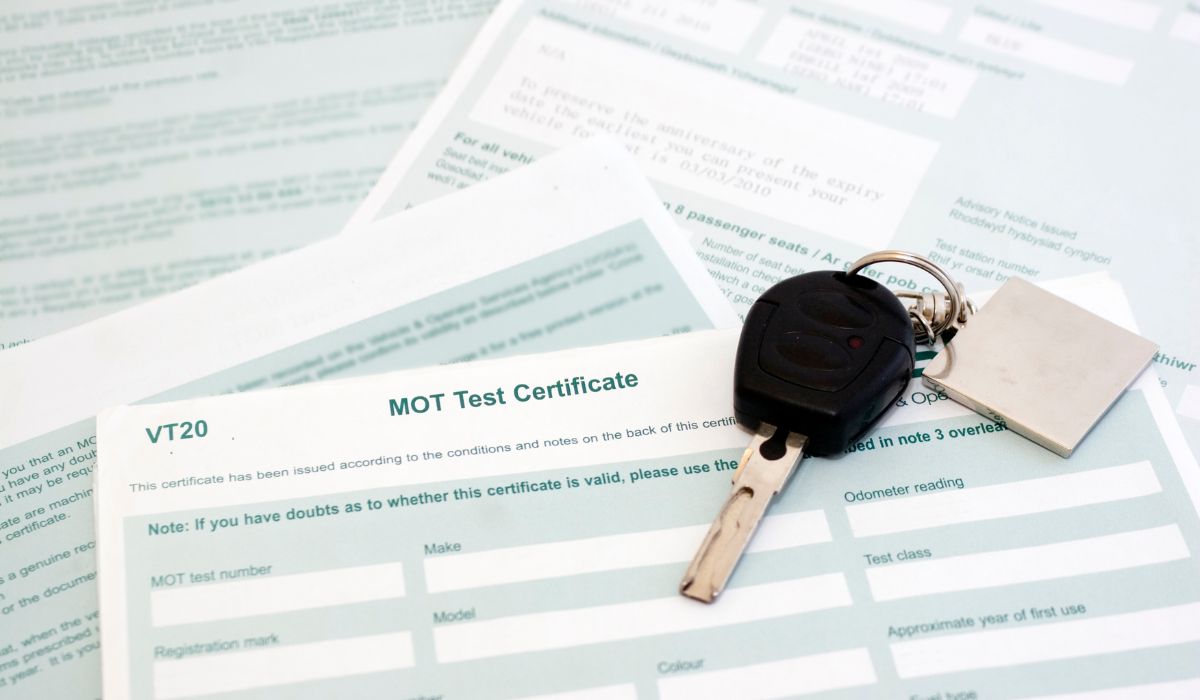MOT: keep your vehicle in accordance with the law!
Owning fleet assets requires knowledge and understanding of the relevant legal requirements. One of the most important things to know is that you are legally required to pass the Ministry of Transport (MOT) inspections to ensure your vehicle is safe to drive. MOT inspection procedures ensure that heavy vehicles are in perfect condition, safe and operational so they can continue to work and avoid accidents while in use.
What are MOTs?
The MOT test is an annual test of heavy vehicles (trailers, trucks, special equipment, etc.) to ensure that the equipment meets safety standards.
According to the legislation of the country, all commercial vehicles exceeding a certain weight must undergo an annual MOT regulation test to ensure that they are roadworthy and safe. If the vehicle’s weight is greater than that required by the legislation, then it is subject to several separate regulations.
What is the purpose?
MOT inspection ensures that your equipment is safe to protect the driver, vehicle, and other road users from a potential accident. Having a technical inspection reduces your carbon footprint by tracking vehicles with dirty engines and tired components.
This annual inspection is different from servicing and repairing your vehicle. It is recommended to regularly check the assets of your fleet with specialized and certified technicians in the workshops.
In an emergency, it’s important to rely on a 24/7 roadside assistance provider to quickly get you back on the road.
How often do MOT inspections take place?
Typically, commercial vehicles should receive their first test one year after their first registration and then annually thereafter. However, the scheduling of annual inspections differs from country to country.
You risk a fine if you do not present your vehicle for an annual inspection within the mandatory deadline.
What documents are needed?
The vehicle owner or the authorized user is responsible for ensuring that his documents are up-to-date and truthful. Documents vary depending on your country, so it is recommended that you ask your local inspector technical centre directly. Here are some examples of the minimum documents required to bring:
- The latest MOT of the vehicle
- Letter of appointment (if you have one)
- The vehicle plating certificate
What is checked?
The following list includes the basic items checked on the trailers to ensure that your equipment is safe and functioning as intended:
- Unit identification
- Brakes
- Visibility
- Lights, reflectors, and electrical equipment
- Doors
- Roof
- Axles, wheels, tires, suspensions
- Chassis
- Noise and pollution
- Other equipment
Talk to your local technical inspection centre to learn more about safety requirements.
What are the different results?
If there are no flaws or minor flaws with no concern for safety or the environment, the result is “roadworthy.”
If a vehicle fails the MOT inspection, there are two options:
- Serious defect with some safety or environmental concern: it is necessary to re-test after the vehicle repair after some time has elapsed.
- Critical Flaw: You cannot use your unit unless you repair it. Fix what needs to be fixed and do the MOT test again after. So, if your vehicle has critical flaws, go for a vehicle repair in Shrewsbury.
How and where to pass the MOT?
The vehicle owner or the authorized user is responsible for overhauling his leased and/or rented vehicles.
Depending on the country, the technical inspection can be done in an accredited control centre that has specific authorization for heavy vehicles, in an office of Civil Motorization, or in any workshop authorized by the Ministry of Transport.
Only a qualified and certified inspector / local motor vehicle inspector is authorized to carry out a technical inspection.
Contact your local technical inspection centre to find the nearest location for MOT and vehicle repair in Shrewsbury.

